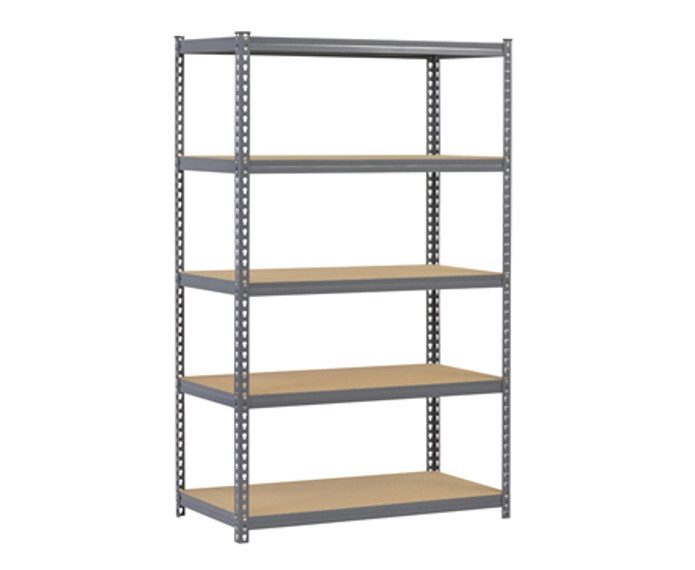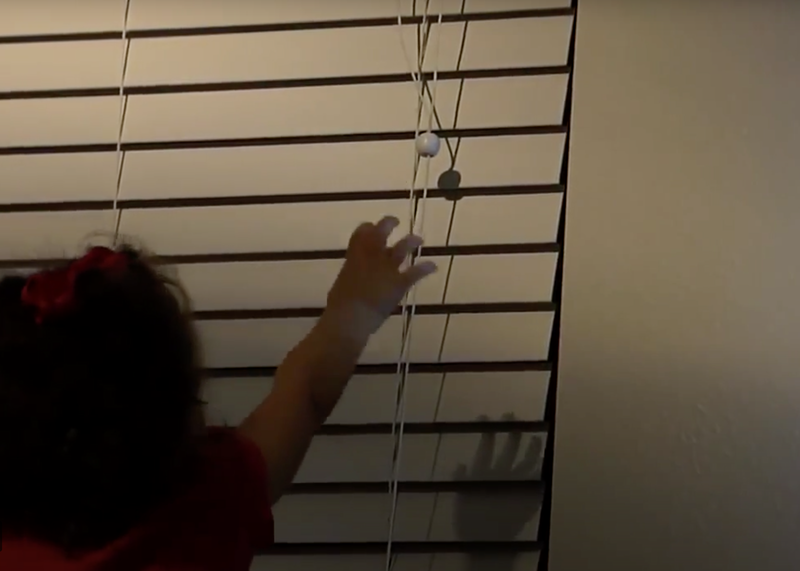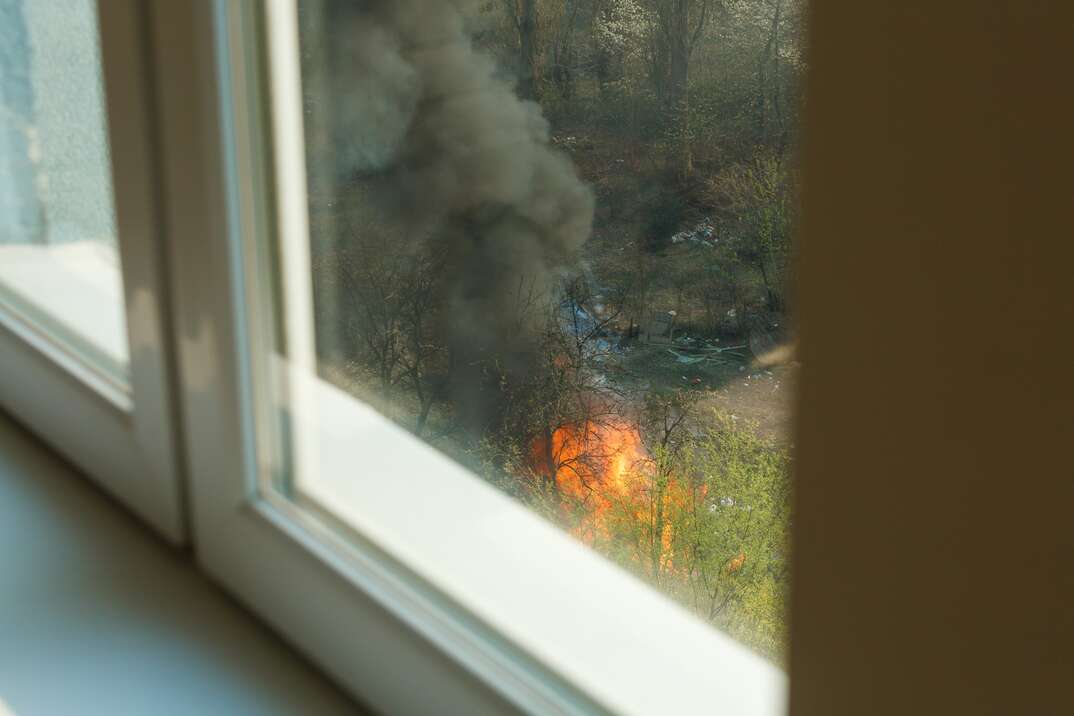What Do You Do When a Product Is Recalled? Here's Everything You Need to Know
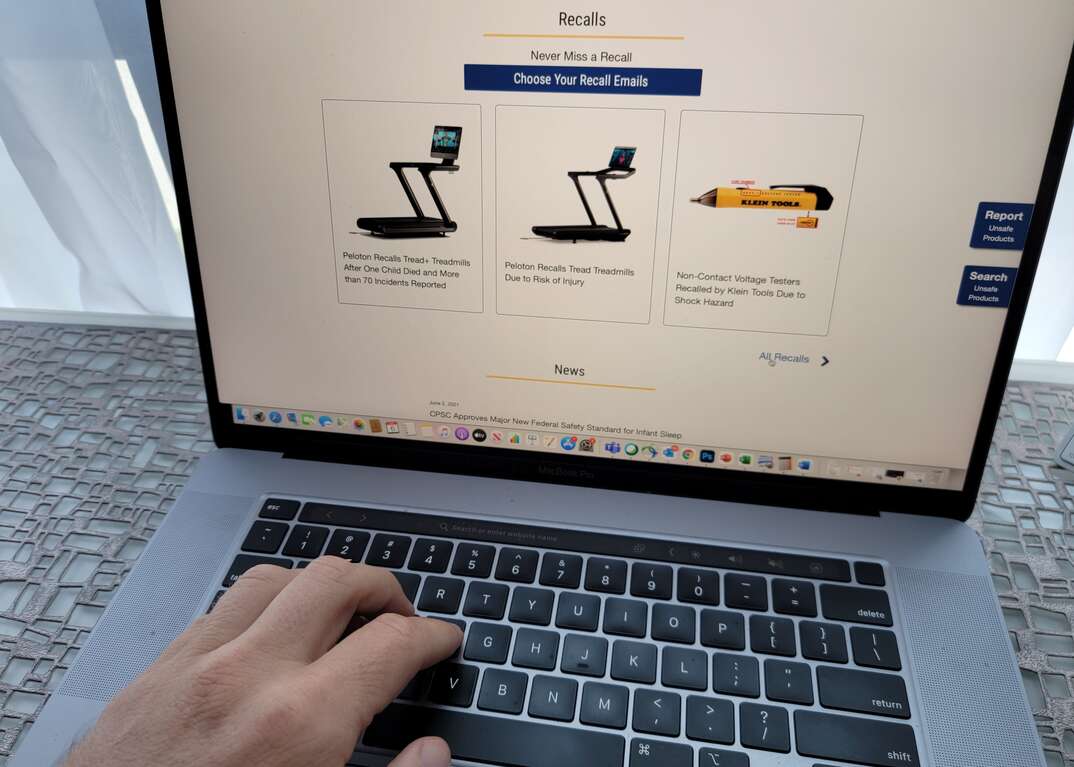
A product is usually recalled because it poses a risk to consumers or violates a safety standard. Recall notices are, in essence, a way to know that there’s a hazard associated with the product you purchased. A quick scan of the latest product recalls reveals dozens of reasons a product may be recalled: burn or fire hazards, choking and suffocation risks, fall or injury hazards, risk of electrical shock and failure to meet federal flammability standards.
This May Also Interest You: Babyproofing Your House: A Child-Safety Checklist
So who decides when a product is recalled? Are product recalls that serious? And what are you supposed to do if you find out you own a recalled item? We have all your frequently asked questions, answered.
Who’s Responsible for Consumer Product Recalls?
The Consumer Product Safety Commission regulates consumer products. Created in 1972 by the Consumer Product Safety Act, the independent agency protects the public “against unreasonable risks of injuries associated with consumer products.” Each year, the CPSC issues hundreds of recalls of items like appliances, toys, furniture and power tools.
Other types of products are covered by other agencies. For example, the National Highway Traffic Safety Administration deals with recalls of cars, tires and child safety seats, while the Food and Drug Administration is in charge of all things food, as well as medications and cosmetics.
The CPSC also doesn’t concern itself with complaints of customer dissatisfaction or issues with the quality or price of a product.
What’s a Voluntary Product Recall?
The term “voluntary” may make it seem like a manufacturer has decided to recall a product as a precaution, leading many to believe that voluntary recalls are optional. But make no mistake: A voluntary recall is just as serious as a mandated recall. Consumer Reports says “voluntary” just means that the manufacturer or company is working with the CPSC to notify the public of a product defect as quickly as possible. The CPSC also has the authority to issue mandatory recalls in certain instances.
According to the agency: “CPSC announces recalls of products that present a significant risk to consumers, either because the product could contain a defect or because it violates a mandatory safety standard.”
How Do You Know If a Product Has Been Recalled?
There are a few ways to find out if a product has been recalled:
- Check the CPSC recalls page. The notices are listed with the most recent at the top, so use the search function to find older recalls. You can subscribe to CPSC email alerts to be notified of new recalls. CPSC also has a Twitter account.
- Look for recall notices in stores. You may find “recall notice” posters in retail stores — often near or behind the register.
- Watch the news. Occasionally, product recalls are so widespread that they’ll hit the airwaves.
- You’ll get an email or phone call. In some cases, the manufacturer will reach out to known purchasers directly to make sure they’re aware of the product recall and any remedies. This process is made easier if you register your product with the manufacturer using your up-to-date contact information.
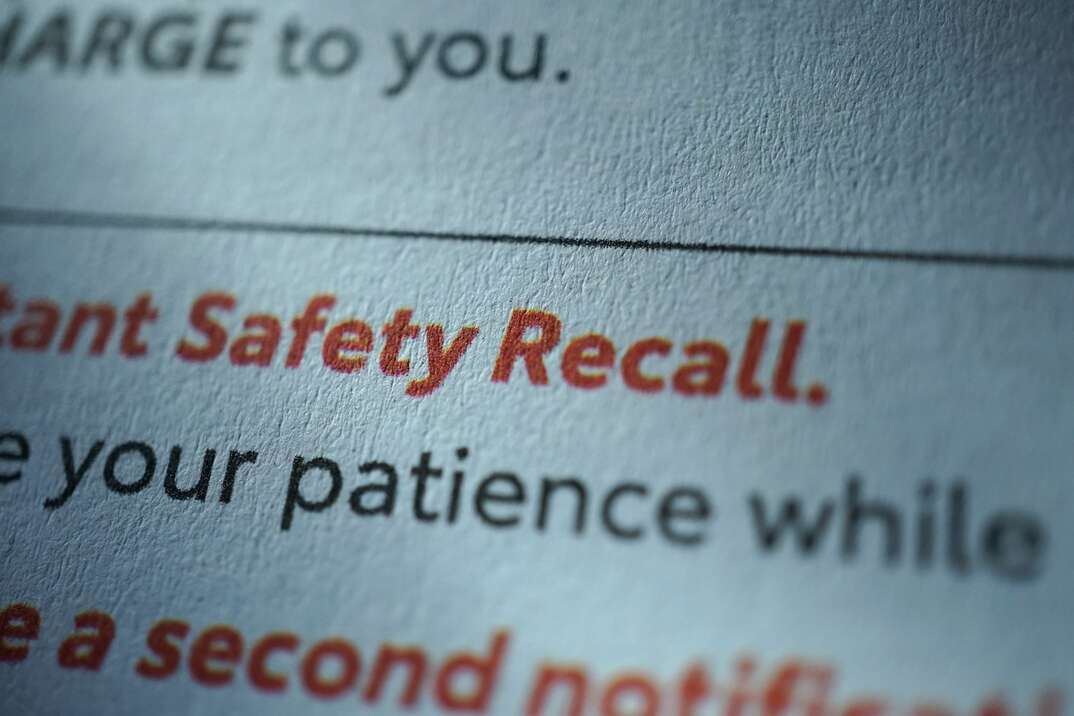
What Should You Do If You Find Out a Product You Own Has Been Recalled?
First things first: Stop using it. Most CPSC recall notices urge consumers to stop using recalled products immediately, even if they appear to be safe. Depending on the type of product and the nature of the recall, you may also need to disassemble it, unplug it or otherwise cut off its power source. However, this is general guidance; check the recall announcement for specifics.
Next, double-check that your item is involved in the recall. Often, recalls apply only to products with certain item or model numbers, branding or date codes. The recall notice will specify this information, and it should also tell you how to find these codes on the product or its packaging.
After you’ve determined your item falls under the recall, you can follow the steps outlined in the notice to contact the manufacturer and get your repair, replacement or refund. Typically, you can call the number provided for the company, email them or use a recall form on their website, though the exact contact methods vary from recall to recall. If you can’t get ahold of the company, you can call the CPSC at 800-638-2772 or use the agency’s Contact Form.
More Related Articles:
- Child Drownings Are on the Rise: How Parents and Pool Owners Can Keep Kids Swimming Safely
- Safe Cleaning Products That Aren’t Actually Safe
- What You Need to Know About Gas Safety
- Learn How to Install a Smoke Detector Safely
- 5 Tips for Carbon Monoxide Safety
What Do You Do If You Think a Product Needs to Be Recalled?
If you or someone you know contracted an illness, was injured or was killed while using a consumer product — or if there was a risk of injury, illness or death — you can report the incident. File a report online through SaferProducts.gov. (If you’d rather call or send a letter, you can find that information here.)
From there, your report will be sent to the manufacturer of the product. The CPSC may or may not investigate your individual complaint, but it will be documented. According to SaferProducts.gov: “Your report will let other consumers know about dangerous products and help CPSC decide if it should take action — recall the product, fine the manufacturer or create regulation.”
Do You Need a Receipt for a Product Recall?
Every recall is different, but you shouldn’t need the original receipt in order to claim your refund, repair or replacement. The manufacturer may require you to submit proof of ownership, such as a photo of the product.
Do You Get a Refund If a Product Is Recalled?
The remedy is specific to the individual recall. In some cases, you may get a full or partial refund. The company may also repair or replace the recalled product or let you choose one of these options.
Do CPSC Recalls Expire?
Product recalls don’t typically have an end date. If you discover that you own a recalled product — even if it’s months or years after the announcement — you should contact the company and take the steps as outlined in the notice.
Can You Sell Recalled Items?
It’s illegal to sell recalled items, unless those products have been repaired in accordance with the recall. According to Consumer Reports, you may be held liable even if you unknowingly sell a recalled product and it results in injury. With that in mind, you should do a search of CPSC’s recall database to make sure you’re in the clear before selling your items. To be super safe, refrain from selling commonly recalled products like cribs and bike helmets.
